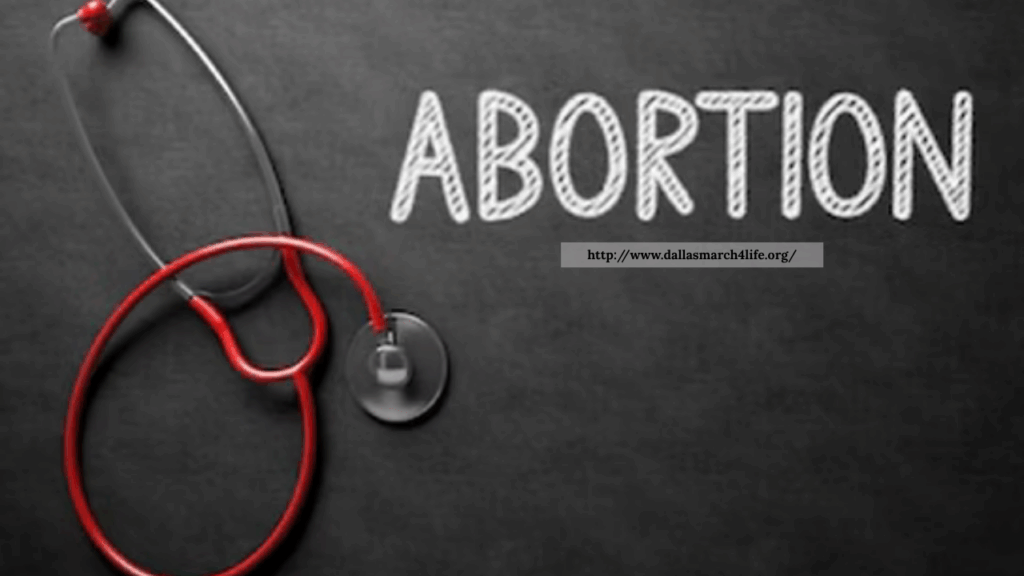
Abortion is a deeply personal decision that can carry emotional and psychological weight. While many women report feeling relief after ending a pregnancy, others experience a range of complex emotions—including anxiety. Understanding how and why anxiety may emerge after an abortion is essential in creating supportive environments and ensuring emotional well-being for those who undergo the procedure.
The Emotional Landscape After Abortion
It’s important to recognize that emotional responses to abortion are highly individual. For many, especially those who make their decision with confidence and support, abortion does not result in long-term psychological harm. Relief is frequently reported, particularly when the pregnancy was unplanned, unwanted, or posed health or financial challenges.
However, some individuals may experience heightened anxiety following an abortion. This can manifest as worry, restlessness, panic attacks, intrusive thoughts, or difficulty sleeping. These symptoms may appear immediately after the procedure or develop over time, especially if the individual is navigating stigma, secrecy, or unsupportive relationships.
What Contributes to Post-Abortion Anxiety?
Research suggests that abortion itself is not a direct cause of anxiety disorders. Instead, various external and internal factors shape the emotional aftermath:
- Pre-existing mental health conditions: Individuals with a prior history of anxiety or depression are more susceptible to experiencing emotional distress after an abortion.
- Social stigma and judgment: Fear of being judged by family, friends, or community members can lead to shame and secrecy, which may worsen anxiety.
- Lack of support: Women who feel alone in their experience or who lack emotional support may struggle more than those who feel heard and validated.
- Ambivalence or pressure: Women who feel uncertain about their decision or who were pressured into having an abortion are more likely to feel anxious afterward.
- Cultural or religious conflict: When abortion conflicts with one’s personal beliefs or values, internal moral conflict can trigger feelings of anxiety or guilt.
What the Research Says
Numerous studies, including those by the American Psychological Association (APA), have found that abortion does not cause long-term psychological harm in most women. Instead, emotional outcomes are influenced by the individual’s mental health history, personal beliefs, and the presence (or absence) of support systems.
Importantly, women denied an abortion tend to report worse mental health outcomes—including higher anxiety and stress levels—than those who received the care they sought.
Coping Strategies and Support
For those struggling with anxiety after an abortion, emotional healing is possible. Key coping strategies include:
- Therapy or counseling: Talking with a licensed mental health professional can provide tools for managing anxiety and working through unresolved feelings.
- Support groups: Peer-based groups offer a safe space to connect with others who have had similar experiences.
- Mindfulness practices: Deep breathing, meditation, and journaling can help regulate anxiety and promote emotional clarity.
- Self-compassion: Recognizing that abortion is a complex, personal decision—and being gentle with oneself during the healing process—is crucial.
Conclusion
Anxiety following abortion is not uncommon, but it is not inevitable. When it does arise, it is usually shaped by surrounding factors like stigma, isolation, or unresolved conflict. With the right support, individuals can navigate their emotions and move forward with strength and confidence. Compassionate care, open dialogue, and mental health resources are vital tools in supporting emotional recovery after abortion.